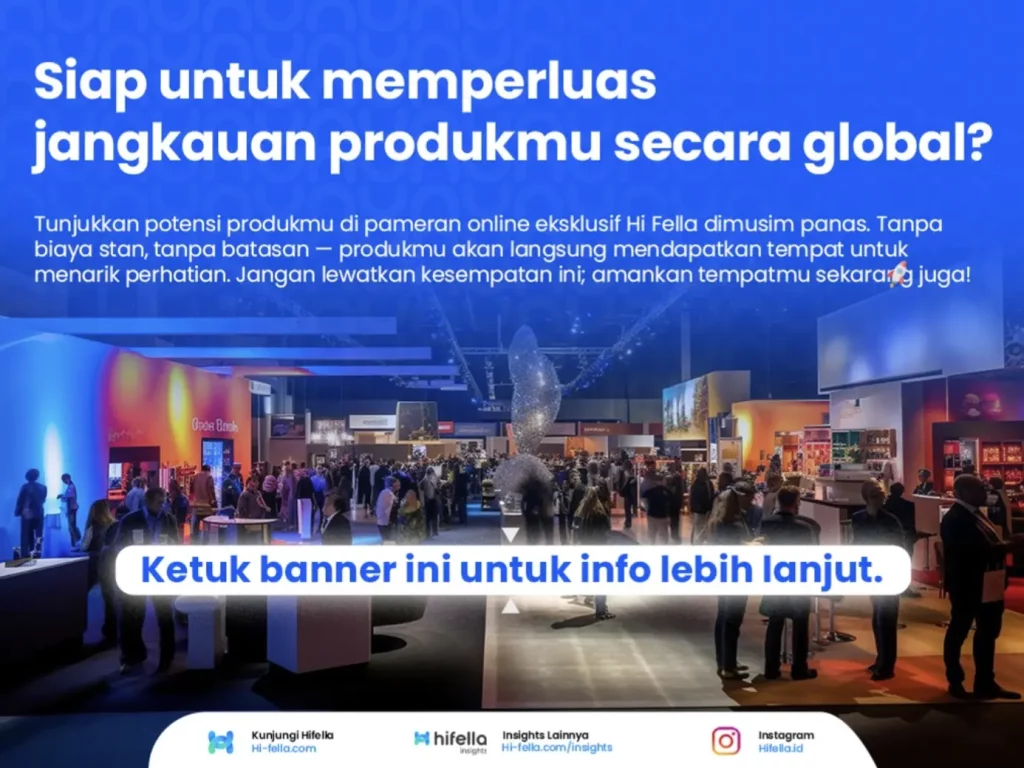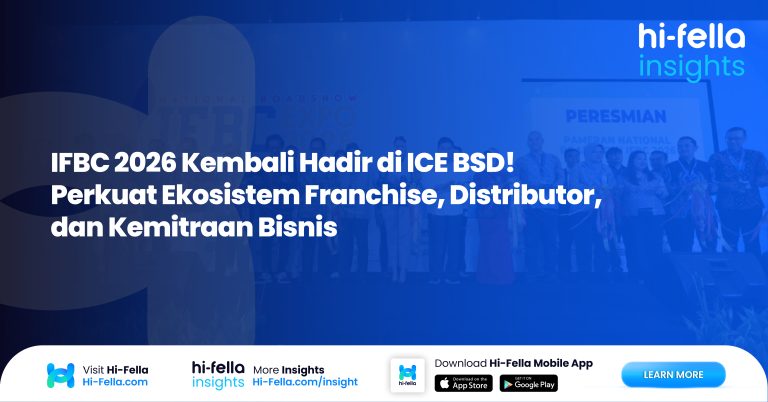Ekspor komoditas tuna memiliki peran penting dalam perekonomian global, khususnya bagi negara-negara penghasil tuna seperti Indonesia.
Sebagai salah satu produk unggulan dalam industri perikanan, tuna memberikan kontribusi yang cukup besar terhadap pendapatan negara dan peningkatan kesejahteraan nelayan.
Oleh karena itu, pada artikel ini kami akan membahas mengenai informasi ekspor komoditas tuna. Yuk, simak selengkapnya!
Pengertian Tuna sebagai Komoditas Ekspor
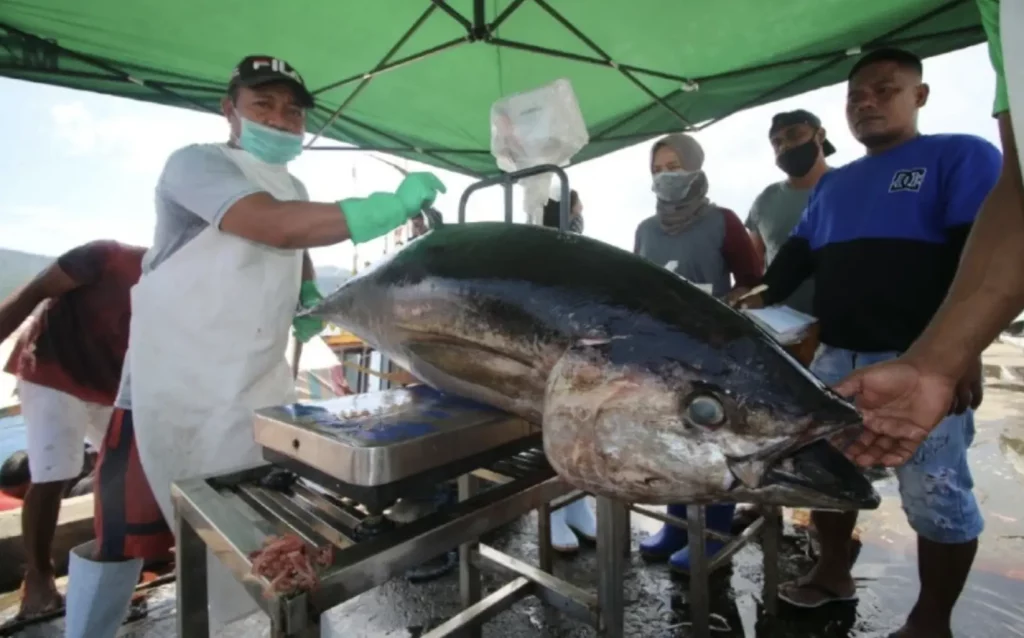
Sumber: Bali-Bisnis.com
Tuna merupakan salah satu jenis ikan yang memiliki nilai ekonomi tinggi dan menjadi komoditas utama dalam industri perikanan.
Tuna dikenal karena dagingnya yang berkualitas tinggi, kaya akan protein, serta kandungan asam lemak omega-3 yang baik untuk kesehatan.
Negara-negara seperti Jepang, Amerika Serikat, dan beberapa negara Uni Eropa menjadi pasar utama bagi produk tuna. Tuna tidak hanya dikonsumsi segar sebagai sushi dan sashimi, tetapi juga diolah menjadi produk kalengan, steak tuna, dan produk olahan lainnya.
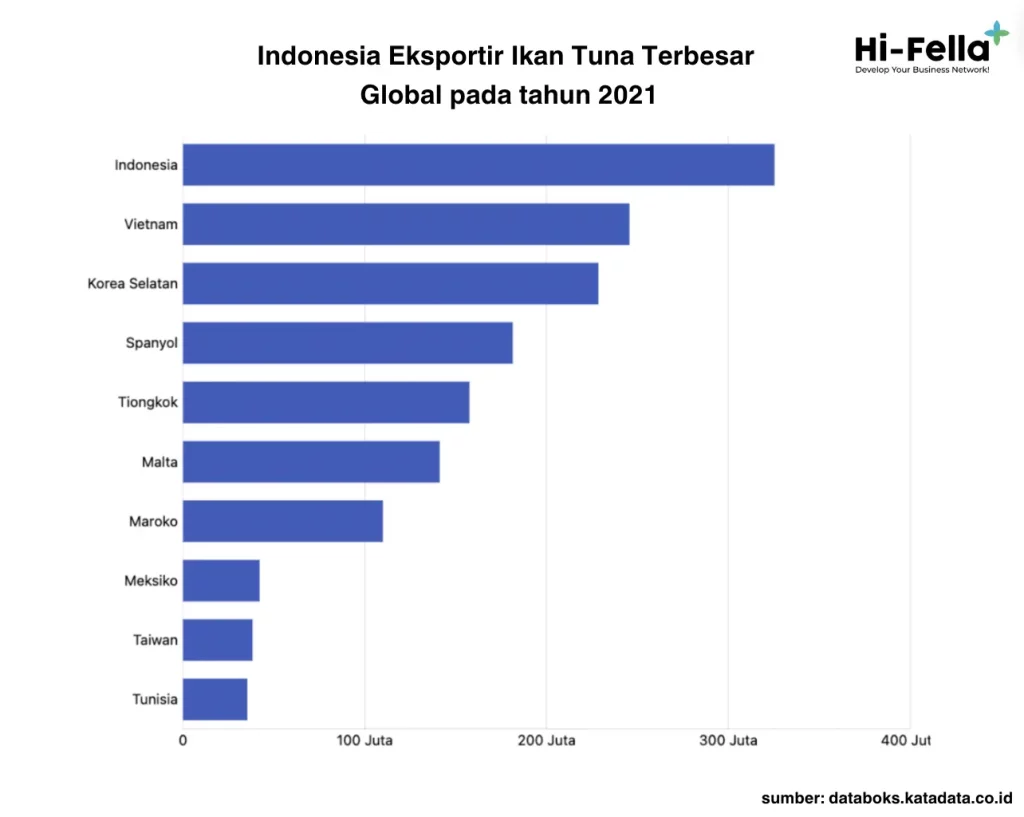
Sumber: Databoks Katadata
Melansir dari Katadata, Indonesia diakui sebagai eksportir terbesar di dunia untuk ikan tuna (thunnus), tongkol (euthynnus), dan cakalang (katsuwonus pelamis) pada tahun 2021.
Menurut data dari Tridge, sebuah situs perdagangan internasional yang berbasis di Korea Selatan, sepanjang tahun 2021 Indonesia telah mengekspor tuna, tongkol, dan cakalang dalam bentuk fillet dan beku dengan nilai mencapai US$325,4 juta.
Hal ini menjadikan ikan tuna menjadi sebagai salah satu komoditas unggulan yang mampu bersaing di pasar internasional. Melalui ekspor, tuna dari Indonesia dapat dijual dengan harga yang lebih tinggi dibandingkan jika hanya dipasarkan di dalam negeri.
Proses Ekspor Komoditas Tuna
Proses ekspor komoditas tuna dimulai dari penangkapan ikan di laut lepas, yang dilakukan oleh nelayan dengan menggunakan berbagai jenis alat tangkap seperti longline, purse seine, dan handline.
Setelah ditangkap, tuna segera diolah dan didinginkan untuk menjaga kesegaran dan kualitas dagingnya. Proses ini melibatkan berbagai tahapan, mulai dari pemotongan, pembersihan, hingga pembekuan.
Selanjutnya, tuna yang telah diolah dan dibekukan dikemas dengan standar yang memenuhi persyaratan internasional. Pengemasan ini bertujuan untuk menjaga kualitas produk selama proses pengiriman ke negara tujuan.
Pengusaha perikanan kemudian melakukan berbagai prosedur administrasi, seperti mendapatkan sertifikasi dari badan pengawas perikanan, memastikan kepatuhan terhadap regulasi ekspor, serta mengurus dokumen-dokumen yang diperlukan.
Ekspor Komoditas Tuna bagi Ekonomi
Ekspor komoditas tuna memiliki dampak besar pada perekonomian kita. Mari kita lihat bagaimana industri ini berkontribusi terhadap pendapatan negara dan kesejahteraan masyarakat di Indonesia:
1. Peningkatan Pendapatan Nelayan dan Pengusaha Perikanan
Ekspor tuna membuka peluang bagi nelayan dan pengusaha perikanan untuk meningkatkan pendapatan mereka. Dengan akses ke pasar internasional, nelayan dapat menjual hasil tangkapannya dengan harga yang lebih tinggi dibandingkan di pasar lokal.
Hal ini tidak hanya meningkatkan kesejahteraan nelayan, tetapi juga mendorong pertumbuhan ekonomi di daerah pesisir yang bergantung pada industri perikanan.
2. Meningkatkan Devisa Negara
Industri ekspor tuna juga memberikan kontribusi besar terhadap devisa negara. Pendapatan dari ekspor tuna membantu menambah cadangan devisa yang dapat digunakan untuk berbagai kebutuhan nasional, termasuk pembangunan infrastruktur, pendidikan, dan kesehatan.
Sebagai salah satu komoditas unggulan, tuna memiliki peran penting dalam memperkuat perekonomian nasional.
3. Penciptaan Lapangan Kerja
Industri ekspor tuna menciptakan banyak lapangan kerja, mulai dari penangkapan, pengolahan, hingga distribusi. Banyaknya tenaga kerja yang terlibat dalam rantai pasokan tuna membantu mengurangi tingkat pengangguran dan meningkatkan taraf hidup masyarakat.
Selain itu, industri ini juga memberikan peluang usaha bagi berbagai sektor pendukung, seperti logistik, pengemasan, dan pemasaran.
Tantangan dalam Industri Ekspor Komoditas Tuna
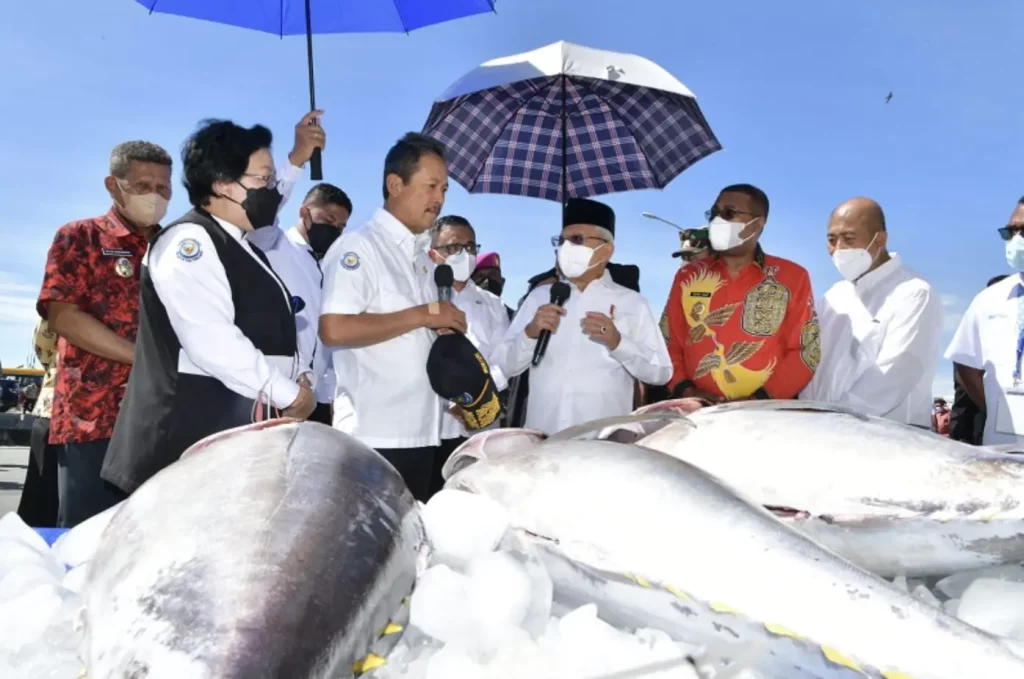
Sumber: Okezone – Economy
Meskipun ekspor tuna menawarkan banyak manfaat ekonomi, industri ini juga menghadapi berbagai tantangan yang perlu diatasi. Mari kita telusuri beberapa tantangan utama yang dihadapi dalam industri ekspor tuna.
1. Regulasi dan Standar Internasional
Salah satu tantangan utama dalam industri ekspor komoditas tuna adalah memenuhi regulasi dan standar internasional. Setiap negara tujuan ekspor memiliki persyaratan yang ketat terkait kualitas dan keamanan produk.
Pengusaha perikanan harus memastikan bahwa tuna yang diekspor memenuhi standar tersebut agar dapat diterima di pasar internasional. Hal ini mencakup aspek-aspek seperti kebersihan, kandungan nutrisi, dan kepatuhan terhadap praktik penangkapan yang berkelanjutan.
2. Perubahan Iklim
Perubahan iklim global berdampak pada stok ikan tuna di lautan. Suhu air laut yang meningkat, perubahan arus, dan kondisi cuaca yang tidak menentu dapat mempengaruhi migrasi dan populasi ikan tuna.
Nelayan harus menghadapi tantangan ini dengan mencari daerah penangkapan baru dan mengadopsi teknologi yang lebih canggih untuk mendeteksi keberadaan tuna.
3. Persaingan Global
Pasar tuna internasional sangat kompetitif, dengan banyak negara yang menjadi produsen utama. Negara-negara seperti Jepang, Amerika Serikat, dan negara-negara di Eropa memiliki standar yang tinggi untuk produk tuna, sehingga pengusaha perikanan harus terus berinovasi untuk meningkatkan kualitas dan daya saing produk mereka.
Selain itu, mereka juga harus mampu menawarkan harga yang kompetitif tanpa mengorbankan kualitas dari ekspor komoditas tuna tersebut.
Tren dan Peluang Ekspor Komoditas Tuna di Pasar Global
Meskipun terdapat tantangan, ekspor komoditas tuna juga menawarkan berbagai tren dan peluang menarik di pasar global. Ketahui tren terkini dan peluang yang bisa dimanfaatkan dalam industri ekspor tuna sebagai berikut:
1. Permintaan yang Terus Meningkat
Permintaan tuna di pasar internasional terus meningkat, terutama di negara-negara yang menjadikan tuna sebagai makanan pokok.
Pertumbuhan populasi, peningkatan pendapatan, dan kesadaran akan manfaat kesehatan dari konsumsi ikan mendorong permintaan ini. Hal ini memberikan peluang besar bagi pengusaha perikanan untuk memperluas pasar dan meningkatkan volume ekspor komoditas tuna.
2. Teknologi Pengolahan yang Lebih Baik
Perkembangan teknologi pengolahan ikan memberikan peluang bagi industri untuk menghasilkan produk tuna dengan kualitas yang lebih baik dan nilai tambah yang lebih tinggi.
Teknologi seperti pembekuan cepat, pengemasan vakum, dan teknologi pengawetan lainnya membantu menjaga kesegaran dan kualitas tuna selama proses distribusi.
Dengan teknologi ini, tuna dapat disimpan lebih lama tanpa mengurangi kualitasnya, sehingga dapat mencapai pasar yang lebih jauh.
3. Sertifikasi dan Labeling
Adanya sertifikasi dan labeling seperti MSC (Marine Stewardship Council) membantu meningkatkan kepercayaan konsumen terhadap produk tuna yang ramah lingkungan dan berkelanjutan.
Sertifikasi ini menunjukkan bahwa tuna yang dijual memenuhi standar keberlanjutan dan praktik penangkapan yang bertanggung jawab.
Konsumen yang semakin peduli dengan isu-isu lingkungan cenderung memilih produk dengan sertifikasi ini, sehingga pengusaha perikanan yang memiliki sertifikasi tersebut dapat meningkatkan daya saing di pasar global.
Kesimpulan
Ekspor komoditas tuna memainkan peran vital dalam perekonomian global, terutama bagi Indonesia. Sebagai produk unggulan, tuna berkontribusi besar terhadap pendapatan negara dan kesejahteraan nelayan. Proses ekspor melibatkan penangkapan, pengolahan, dan pengemasan sesuai standar internasional.
Industri ini menghadapi tantangan seperti regulasi ketat, perubahan iklim, dan persaingan global. Namun, tren peningkatan permintaan, teknologi pengolahan yang lebih baik, dan sertifikasi keberlanjutan membuka peluang besar. Kolaborasi dan inovasi diperlukan untuk menjadikan ekspor tuna sebagai motor penggerak ekonomi yang berkelanjutan dan kompetitif.
Bergabunglah dengan Hi-Fella, platform networking global yang mempertemukan pelaku bisnis dari seluruh dunia untuk melakukan perdagangan internasional.
Nantikan peluncuran Online Exhibitions dari Hi-Fella, yang dirancang khusus untuk produsen dan penjual di sektor ekspor-impor. Yuk, mari pamerkan produk Anda dan jalin koneksi dengan pembeli dari seluruh penjuru dunia!
